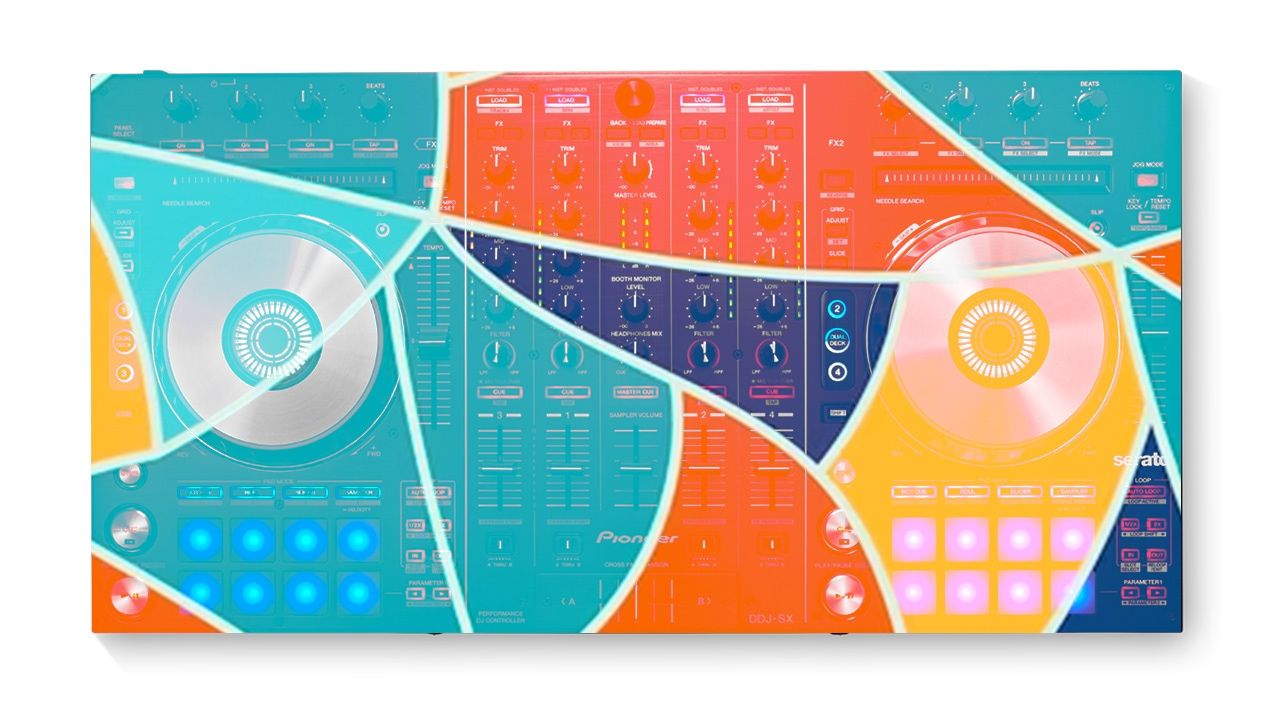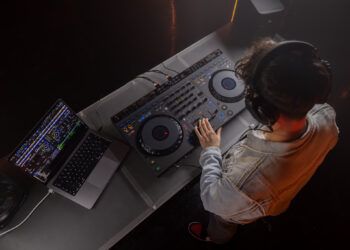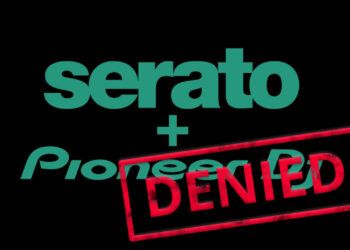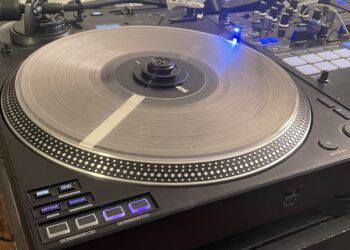This week’s surprise news of a pending acquisition of Serato Audio Research by AlphaTheta Corporation (Pioneer DJ’s parent company) riled up many DJs. There’s been (very valid) concerns expressed about market consolidation, dampening of innovation, and long term support for legacy products.
But what about the flip side? Is this deal born out of a continued spirit of collaboration? They’ve actually done a lot of things together in the DJ world. Here’s a quick roundup of five times that Pioneer DJ and Serato collaborated and DJs “came out ahead”.
The DDJ-SX and everything that came after it
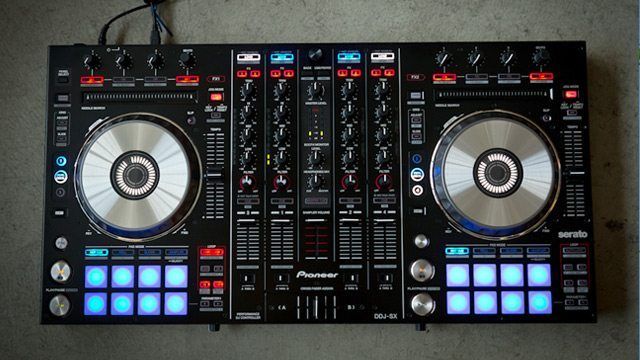
Flash back to 2012. If you were a controller DJ, you likely owned a Vestax VCI, Native Instruments S4/S2, a Novation Twitch, or a Numark NS6. Pioneer DJ had made it’s foray into the controller world the prior year with the DDJ-S1 (for Serato ITCH) and DDJ-T1 (for Traktor). These weren’t exactly chart-topping controllers – at least, not in the way some of the other previously units were.
But in October of 2012, a new $1,199 controller from Pioneer DJ and Serato was announced, the DDJ-SX. It was the clear counterpoint to the wildly-successful Traktor Kontrol S4: this was a controller whose control layout was specifically to match and complement the use of Serato’s DJ software.
The controller was wildly successful – and the SX2 and SX3 that came after it as well. The DDJ-S line also expanded down to intro SB sizes, and also up to the…
DDJ-SZ: the DJ controller that left nothing out
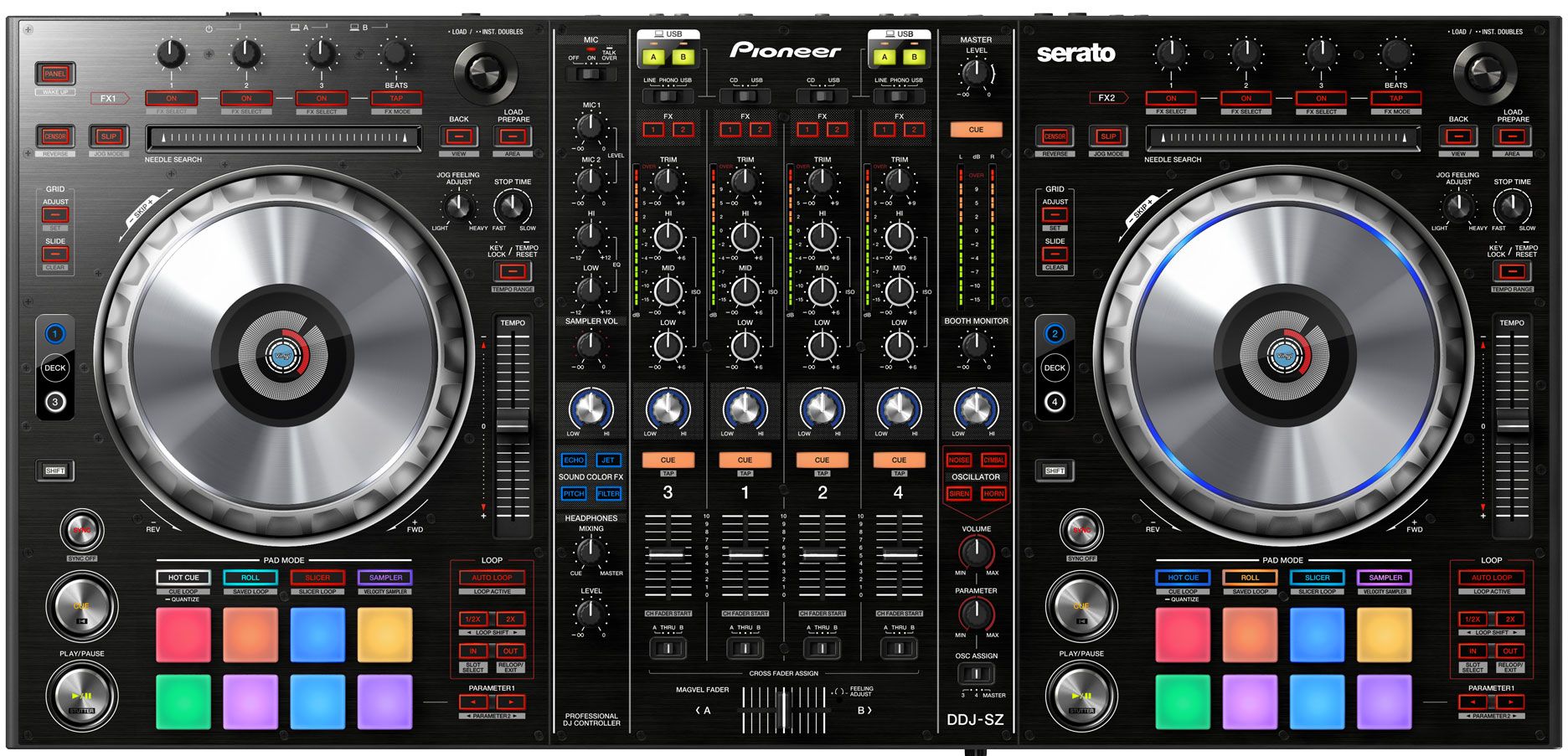
The DDJ-SZ was Pioneer DJ and Serato’s top-tier/flagship DJ controller when it launched in 2014. Not only did it feature pretty much every software control they could fit on it (at NAMM that year, Ean called it the “Cadillac of DJ controllers”) but it was also designed to closely mimic the layout and feel of Pioneer DJ’s industry-standard CDJ and DJM series.
The overlapping design language provided DJs with a seamless transition between using a controller at home and professional equipment in the club – which likely felt like a major win-win to Pioneer DJ as they sought to add more controller DJs into their path-to-buying-CDJs ecosystem.
DDJ-SP1: Accessory Controller
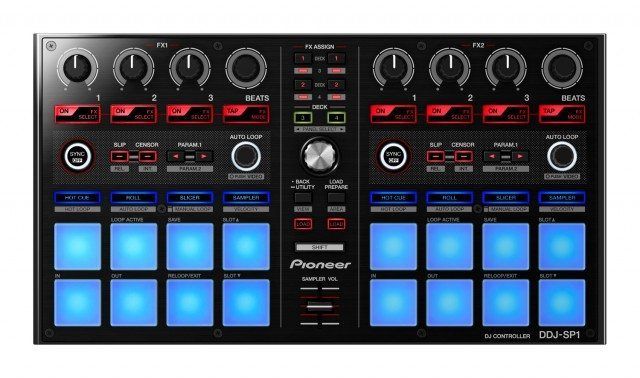
The DDJ-SP1 was another unique collaboration between Pioneer DJ and Serato. This compact, add-on controller was designed to provide quick access to all of Serato DJ’s features without changing their setup too much. Just throw an SP1 on a stand above your DVS setup, and boom. DJs could access cue points, loops, slicer, samples, and effects – all within easy reach.
It demonstrated the two companies’ understanding of how different DJs have different needs, and that a versatile accessory could be integrated in a number of different setups.
DJM-S9: a much-needed digital battle mixer
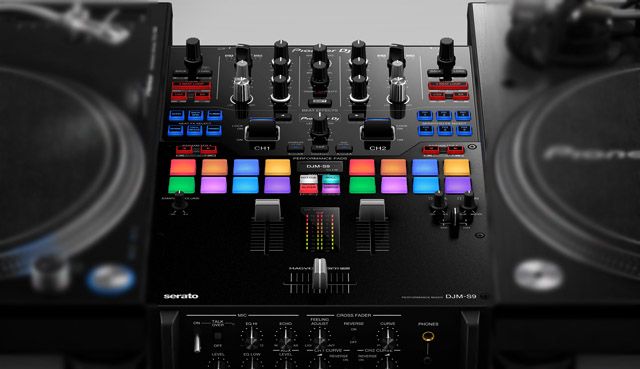
With the DJM-S9 release in 2015, Pioneer DJ and Serato really upped the ante for battle mixers. This two-channel mixer took the robustness and layout of Pioneer’s DJM series (with some clear shoutouts to the DJM-909, too) and combined it with Serato DJ integration, creating a powerful tool for digital turntablists and scratch DJs. Built-in Serato DJ support including DVS and the inclusion of Pioneer’s first Magvel Fader Pro created a mixer that became the new standard for many battling DJs.
It honestly felt like a great opportunity at the time in the battle mixer market – Rane was about to be sold off to InMusic the next year, and no one had really made an ideal digital-oriented battle mixer yet.
PLX-1000/500
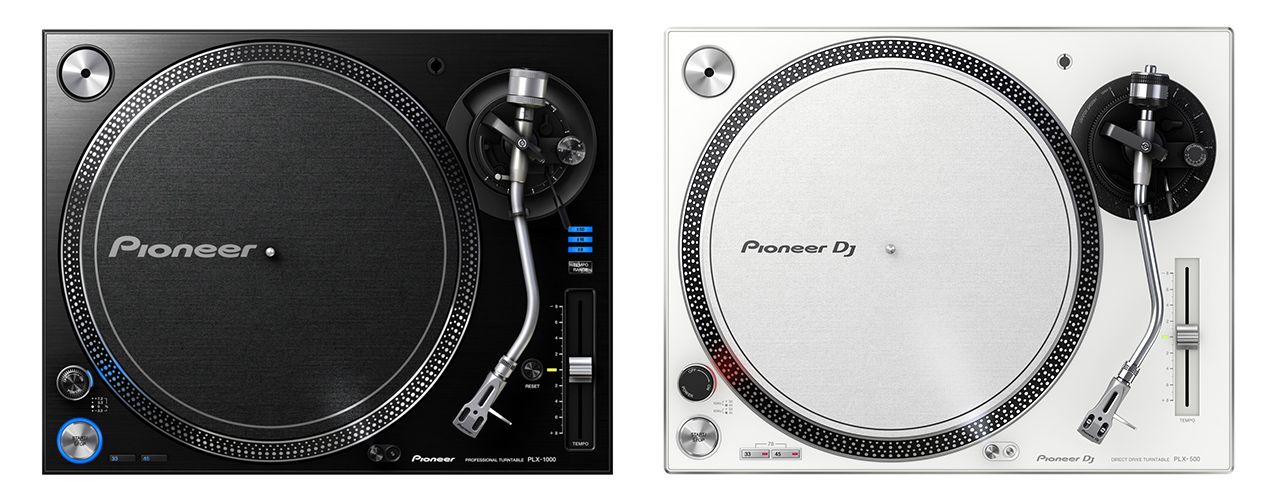
A clear nod towards the industry-standard Technics 1200 turntable, Pioneer DJ introduced the PLX-1000 and later the PLX-500. These direct-drive turntables offered high-torque and relatively solid build quality.
Ok, you got me – these aren’t Serato collaborations at all. But I have seen them purchased and used by Serato DVS users as a way to get a reliable turntable in their setup without hunting for Technics or buying another OEM. We could easily see some more direct challenges to Rane’s no-vinyl-DVS offerings (the Rane Twelves) as a result of the acquisition.
It’s all about ~~ synergy ~~
Each of these collaborations between Pioneer DJ and Serato have been based around hardware and software being married together in a smart user experience. If the two companies can keep on this path after their potential M+A activities, then DJs could see a lot of great hardware/software integrations on the horizon.
But talk to anyone who has been through this type of acquisition and it’s clear: it often can take years to see anything come of it on the product side of things. The short term is all about “operational overhead simplification” and learning how to combine the companies in way that makes sense. Don’t expect Serato Stems on CDJs next year or for some mashup of Serato DJ and Rekordbox to be released sooner than NAMM 2025, at best 😉


